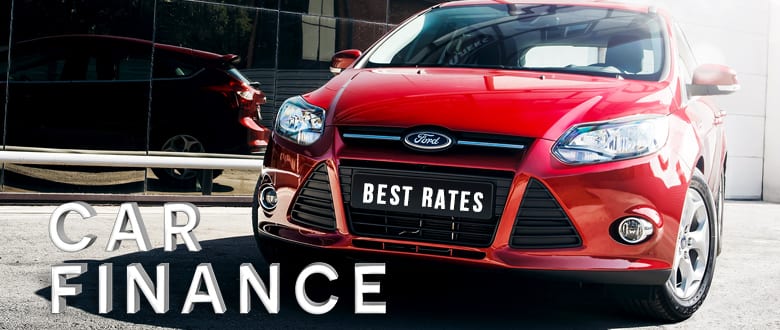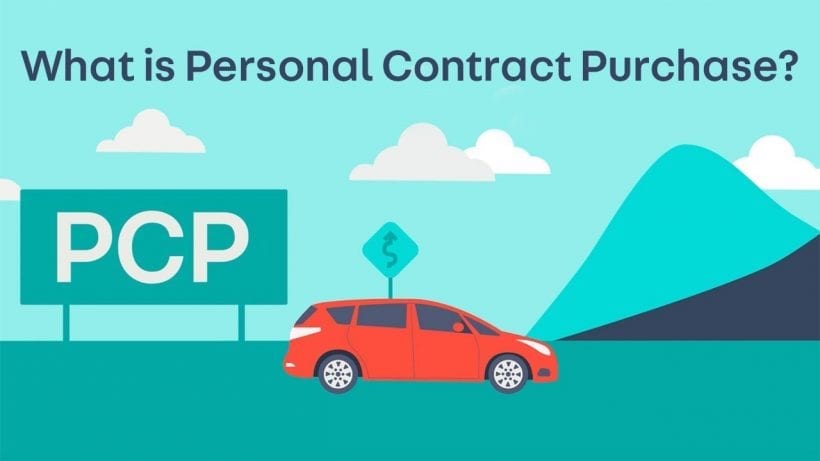We all have different ideas as to what makes a ‘dream’ car. For some, it’s the classic midlife crisis red sports car. For others, it’s a safe and sensible family vehicle with all the latest gadgets.
Personal preferences vary, but the one thing that stands in most people’s way of dream car ownership is the same:
Money…or lack thereof.
Whether your dream car is priced at £5,000, £15,000 or £50,000, it’s all superfluous if you don’t have this kind of money lying around. What’s more, some will tell you that if you can’t afford to buy a car outright, you shouldn’t attempt to buy it at all.
Back on planet earth, this is precisely why car finance exists. More specifically, various different types of car finance to suit all requirements and budgets.
Using Car Finance

The thing is, just because you don’t have £10,000 gathering dust in a drawer doesn’t mean you can’t afford a £10,000 car. It just means you haven’t got your hands on the money you need right now.
It’s exactly the same with home ownership – how many people do you know who purchased their home in cash? If we only ever bought what we could afford to buy outright, we wouldn’t be buying very much at all!
With car finance, the key to making it work lies in determining exactly how much you can afford. The simplest approach is to use an online car finance calculator, which will give you an immediate indication of both your eligibility and your repayment obligations. Not to mention, how much you can expect to pay in terms of borrowing costs, should you decide to go ahead.
Hire Purchase, PCP Car Finance Explained
While a personal loan is one option for funding a vehicle purchase, it’s far from the only option. Particularly where bad credit card finance applicants are concerned, it can be far better to consider a hire purchase or PCP deal.
Or for that matter, anyone looking to keep monthly repayments down to the bare minimum.
Hire purchase contracts and PCP agreements are predominantly similar, though with one major difference. With both of these car finance types, the buyer is required to pay a deposit, after which a series of monthly instalments are payable over an agreed period of time – usually 2 to 4 years. The difference is that at the end of a hire purchase contract, the customer automatically takes legal ownership of the vehicle. Whereas with a PCP agreement, vehicle ownership is optional – conveyed upon making a final ‘balloon payment’.

The benefit of a PCP deal is that not only are the monthly repayments usually cheaper, but the customer has the option to upgrade to a better car at the end of the deal, or walk away with nothing more to pay. This flexibility has seen PCP become one of the most popular car finance options in the UK in recent years.
So even if you can’t afford to buy your dream car outright, this doesn’t mean you can’t afford your dream car. It simply means you need to carefully consider the alternative car finance options available for more information check poorcreditcarfinance.co.uk.

